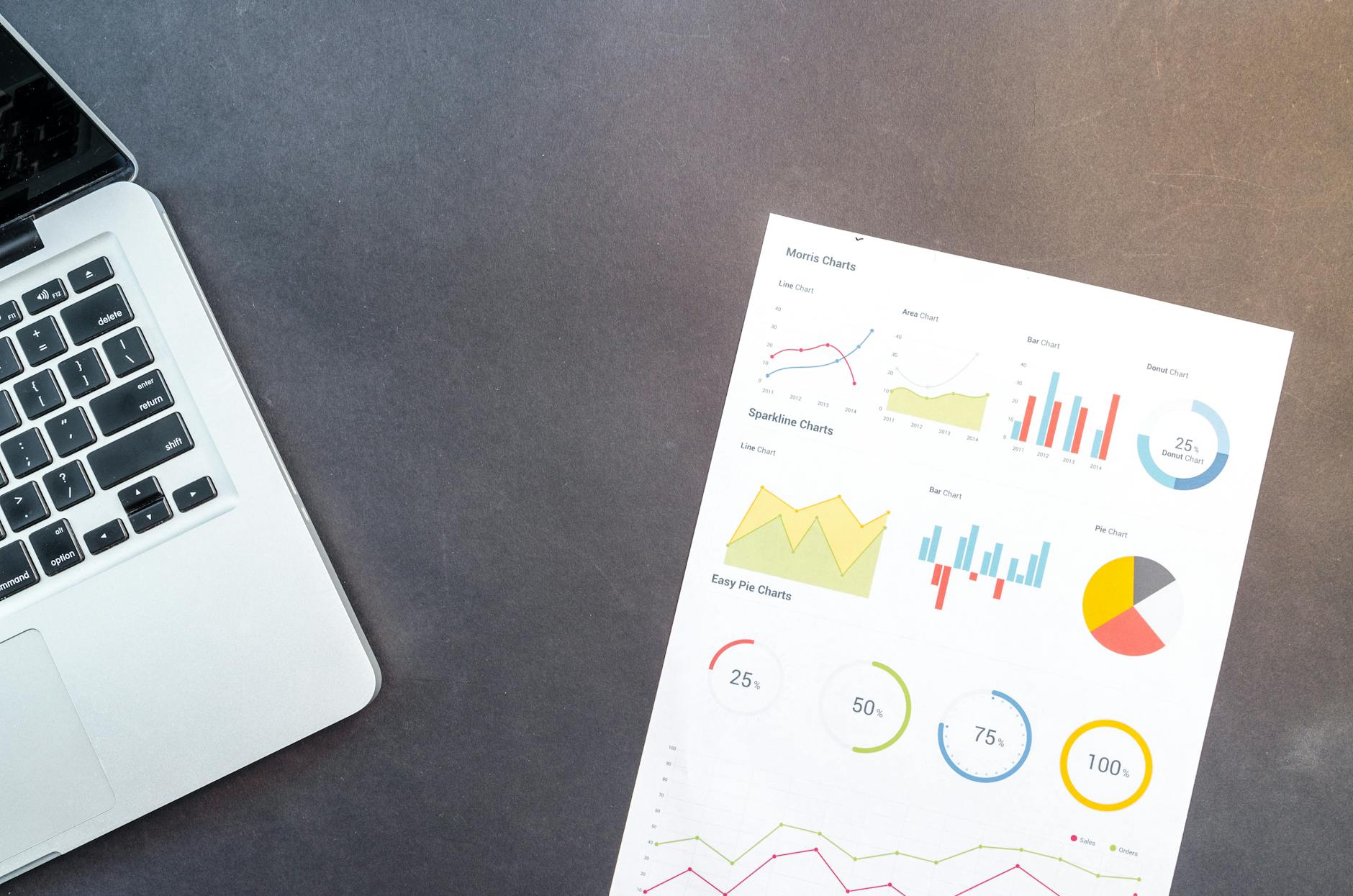Inflation affects everyone, from consumers to businesses. As prices rise, your dollar doesn't stretch as far as it used to. The question on many minds is: when will inflation start to decline? With changes in economic policies, energy prices, and consumer behavior, understanding inflation becomes essential.
Understanding Inflation: What Is It?
Inflation is the rate at which the general level of prices for goods and services rises. Central banks use measures like interest rates to control inflation. When inflation is high, it erodes purchasing power. It’s akin to watching a balloon inflate but having the air slowly escape without being able to tie it off.
The Current State of Inflation
As of late 2024, inflation has shown signs of cooling, but it’s still a concern for many. Economic experts suggest that various factors could influence prices in the coming months. Reports indicate that inflation data in early 2025 may affect markets. Traditions, seasonal patterns, and shifting consumer habits all play a role.

Photo by Lukas
Factors That Influence Inflation
Inflation doesn't emerge in isolation. It's influenced by an array of factors. Here are some key aspects to consider:
Economic Policies
Government policies, especially around fiscal spending and taxation, can have a direct impact on inflation. For instance, if the government increases spending significantly, it can lead to higher demand, pushing prices up.
Energy Prices
Energy costs play a vital role in inflation. Fluctuations in oil and gas prices can ripple through other sectors like transport and manufacturing. If energy prices stabilize or decline, we may see a corresponding decrease in inflation.
Labor Market Dynamics
A strong labor market typically results in higher wages. While this benefits workers, it can also contribute to inflation. If businesses face increased labor costs, they often pass those costs onto consumers through higher prices.
Predicted Trends for Inflation in 2025
As we look toward 2025, predictions vary among experts. Some believe inflation will continue to decrease, while others point to potential price hikes from upcoming policies.
Expert Insights
Recent analyses suggest a mixed outlook for inflation in 2025.
- Inflation Cooling: Many economists anticipate a steady decline in inflation rates if current trends persist.
- Economic Growth: A range of factors could hint at a strong economic foundation, which may further stabilize prices.
- Policy Changes: The impending economic policies from the new administration could shift inflation trends. Tightening monetary policy could help rein in price increases.
In conclusion, while the forecast for inflation in 2025 leans towards a decrease, numerous unpredictable factors could sway these predictions. Staying informed on economic changes and policies can help consumers and businesses prepare for what lies ahead.
Strategies to Cope with Inflation
While waiting for inflation to settle, there are proactive ways to manage rising costs:
Budgeting Tips
- Track Spending: Keep a close eye on where your money goes.
- Prioritize Essentials: Make sure your basic needs come first in your budget.
- Look for Deals: Hunt for discounts and sales whenever possible.
Investing Wisely
Investing can act as a hedge against inflation. Here are some options:
- Stocks: Historically, equities have outpaced inflation over the long term.
- Real Estate: Property can provide rental income and appreciate over time, helping counter inflation.
- Commodities: Investing in tangible goods like gold or silver often serves as a protective measure during inflationary periods.
Stay Educated
Keeping up with economic news provides insight into inflation trends. Trusted news sources and economic analyses can provide clarity on the direction of inflation and what it may mean for your financial planning.
Conclusion
Inflation is a complex issue shaped by numerous factors. While predictions suggest a potential decrease in inflation rates by 2025, uncertainties remain. Understanding these elements empowers you to make informed decisions.
In the meantime, adopting budgeting strategies and exploring investment options can help mitigate the impacts of rising prices. Staying aware and adaptable is key to navigating the financial landscape effectively. What strategies have you found useful in combating inflation? Share your tips below!
